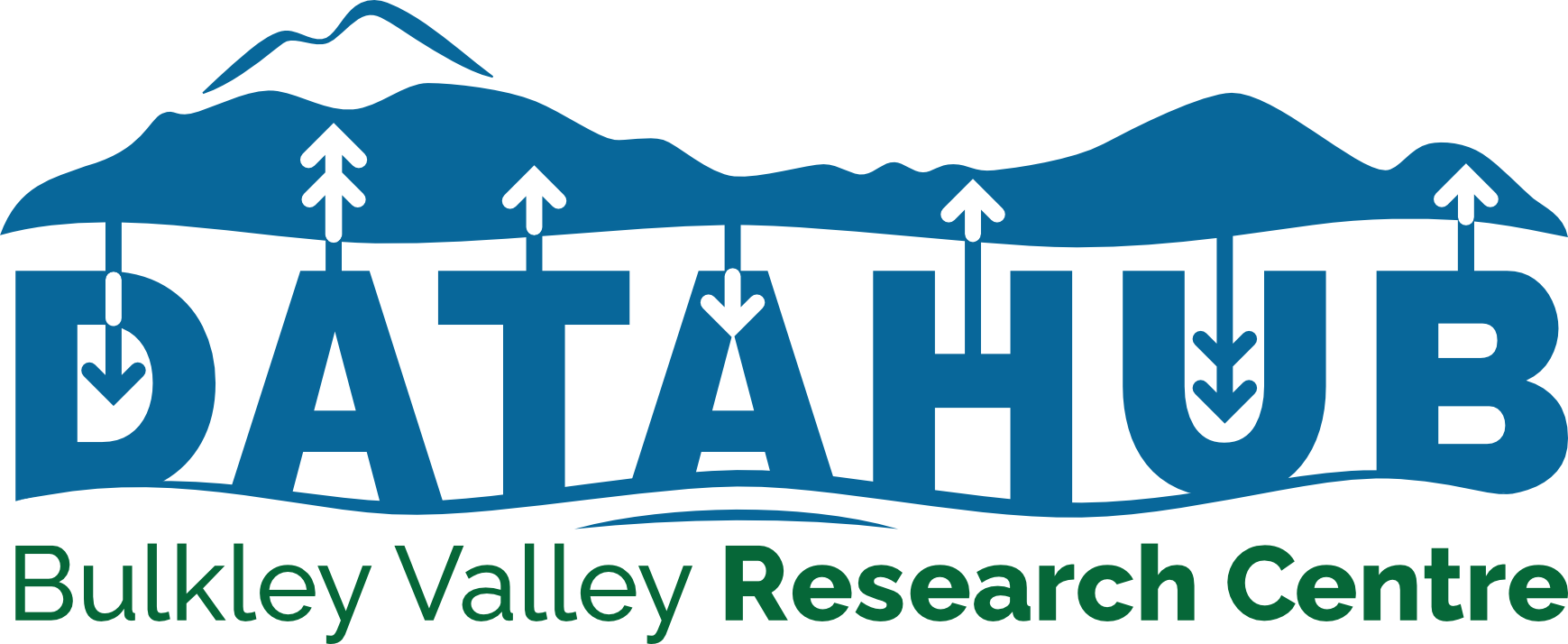You're currently viewing an old version of this dataset. To see the current version, click here.
Methods and Techniques of Complex Systems Science: An Overview
Data and Resources
-
Methods and Techniques of Complex Systems...PDF
This chapter of "Complex Systems Science in Biomedicine" (Thomas S. Deisboeck...
Additional Info
| Field | Value |
|---|---|
| Source URL | https://www.researchgate.net/publication/321621814_Complex_Systems_Science_in_Biomedicine |
| Version | |
| Author(s) | C. R. Shalizi |
| Maintainer | |
| Funding Agency/Agencies | |
| Affiliated Institution(s) | University of Michigan, Carnegie Mellon University |
| Publication Year | 2006 |

